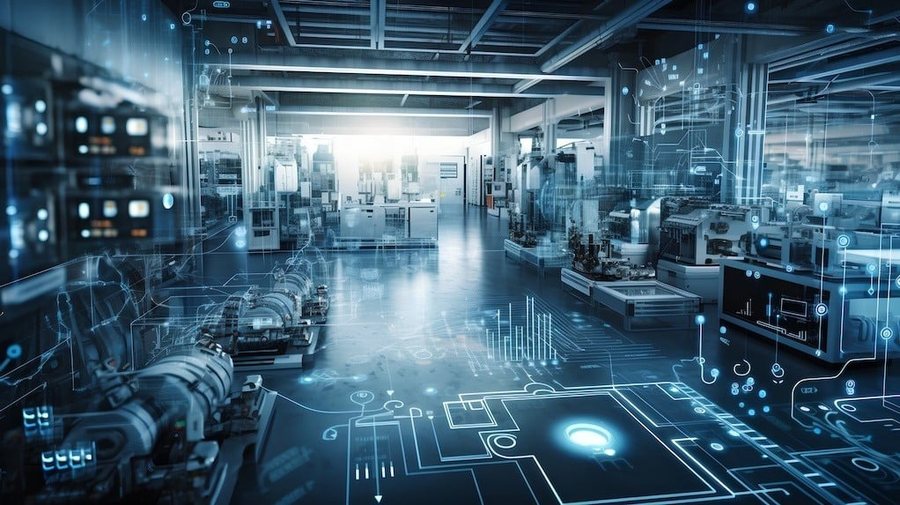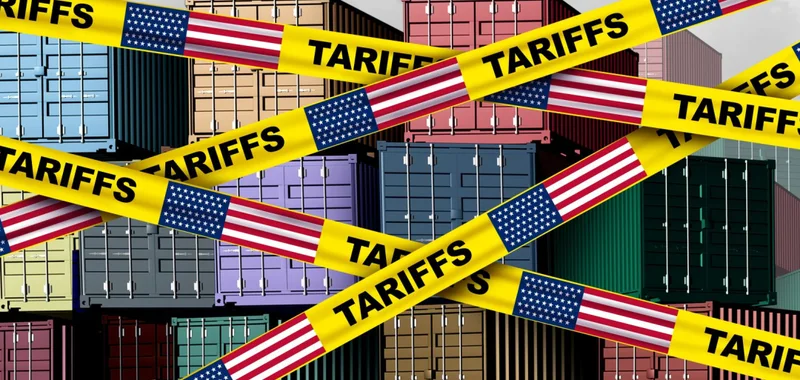The "unprecedented" AI revolution - Study: New technology is spreading at historic pace

The rise of artificial intelligence in our lives is officially unprecedented, according to the latest data. A 340-page report showed the rapid pace of change and the expansion of investment.
One of the report's graphs shows that OpenAI's ChatGPT reached 800 million users by April 2025, a few years after its launch in October 2022. The company's revenue also grew similarly; from zero to €3.5 billion in 2025.
Based on user data, ChatGPT's growth, in particular, is the fastest "big success" in history, nine years after the company was founded in late 2015.
"Unlike the Web 1.0 revolution, where the technology began in the US and then spread globally, ChatGPT burst onto the global scene immediately, growing in most regions of the world simultaneously," the report explains. It reached 100 million global users in less than 2 months after launch, the fastest technology to achieve such a feat. By comparison, it took Facebook 4.5 years to reach the same number of users after launch.
According to forecasts, it will take three years for most families to adopt the new technology, down from the 12 years it took people to start using the internet regularly.
There are various factors influencing the “rapid and transformative” growth of artificial intelligence. First, it enjoys broad support from founders of new companies, as well as more traditional ones, which is demonstrated by high investments in innovative technology.
The report notes that tech giants, including NVIDIA, Google, Meta, Microsoft and China's Baidu, have increased their focus on the sector since 2022.
Also, the number of new artificial intelligence models has increased by 167 percent year-on-year since 2020, while the amount of data they use has expanded by 260 percent in the same period.
Another important detail is the reduction in the costs of developing new models. Expenses for those using the technology have fallen by 99% over two years, even though the costs of training a model can reach up to $1 billion.

May 2025, the second hottest on record - Northwestern Europe experienced the driest spring in decades
Last month was the second hottest May on record worldwide, European scientists have found. Does this give you a sense of déjà vu? Maybe because it is. The......

Inspection of AirBnB and Booking apartments begins - Tourism plan/Taxes, field verifications in the period June-September
All individuals or entities that rent apartments through the Booking and AirBnB platforms during this summer tourist season will be monitored for the purpose......

Facilitating business access to the EU market - EU and Western Balkans customs directors, conference in Tirana
Economic integration into the European common market through the reduction of customs barriers, facilitation of trade exchanges, border security and......

Free e-commerce in the region - What does the agreement between Albania and CEFTA countries on online sales include?
Harmonizing e-commerce laws across the region and aligning them with the European Union, with the aim of increasing or facilitating the free movement of......

EU and Britain, agreement on Gibraltar - Parties agree to remove physical barriers at the border
The European Union and the United Kingdom reached a political agreement to ensure the continued movement of people and goods between Spain and Gibraltar......

About 1 in 4 people is paid almost twice as much as the other 3/ The salary structure has "experienced" significant transformations in two years
In just two years, the wage pyramid in Albania has undergone a significant transformation, according to INSTAT data. The group of employees with the minimum......

Offshore wind energy, EBRD assists Albania - Aims to diversify production sources, especially in dry seasons
The European Bank for Reconstruction and Development (EBRD) approved a program on Thursday, aiming to assist Albania in its efforts to develop offshore wind......

US proposes extension of tariff pause - Deadline change may come for countries negotiating "in good faith"
United States Treasury Secretary Scott Bessent signaled the Trump administration's willingness to extend the current 90-day tariff pause beyond July 9 for......


















